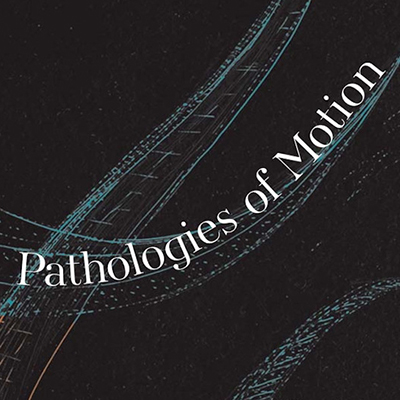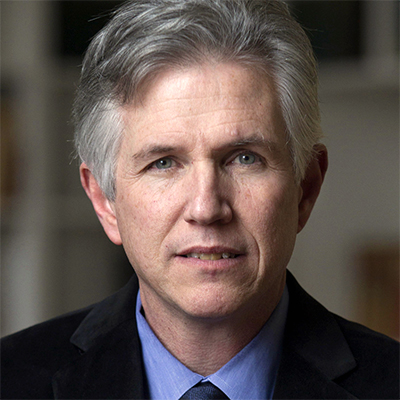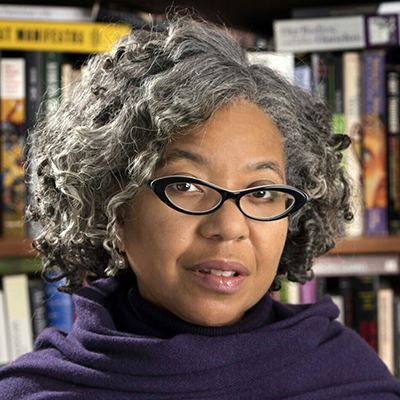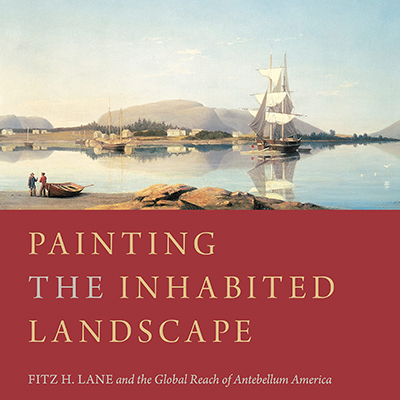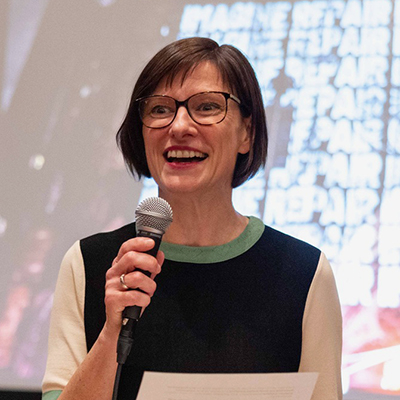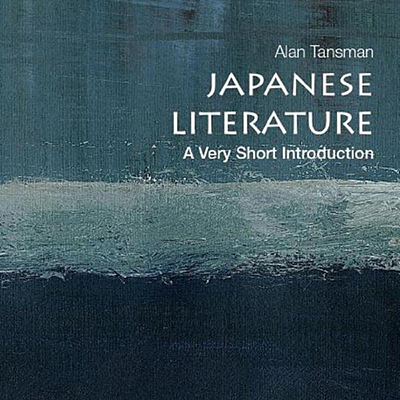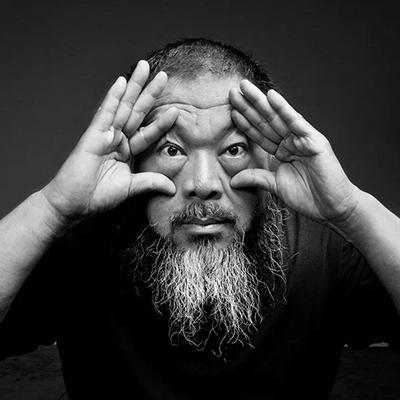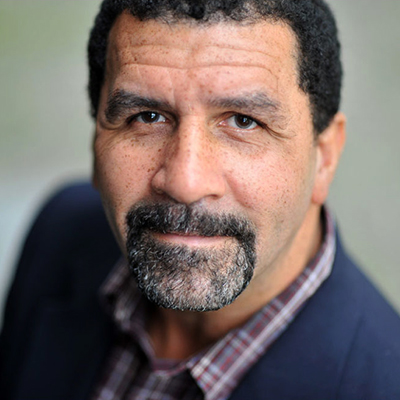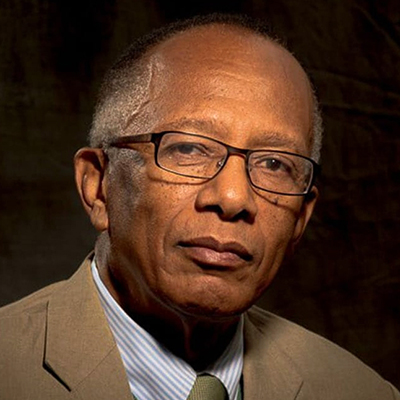Pathologies of Motion: Historical Thinking in Medicine, Aesthetics, and Poetics
Kevis Goodman approaches late 18-century medicine, aesthetics, and poetics as overlapping forms of knowledge that probe the relationship between the geographical movements of persons displaced from home and the physiological “motions” within their bodies and minds.
Kevin McLaughlin
Kevin McLaughlin, author of The Philology of Life: Walter Benjamin's Critical Program, traces the development of a theory of literature and a method of criticism in Benjamin's early interpretations of a nexus formed by Hölderlin, the German romantics, and Goethe. McLaughlin's lecture will focus on Benjamin's thesis of what he calls Goethe's "new approach" to aesthetic matters as it gathers around the enigmatic term Gehalt.
Daphne A. Brooks is William R. Kenan, Jr., Professor of African American Studies, American Studies, Music, and Women’s, Gender, and Sexuality Studies at Yale University.
In her examination of Finland — where public health officials named occupational burnout a "new hazard" of the new economy — Daena Funahashi asks what moves people to work to the point of pathological stress.
Painting the Inhabited Landscape: Fitz H. Lane and the Global Reach of Antebellum America
In her study of the inhabited landscape paintings of 19th-century artist Fitz H. Lane, Margaretta Lovell asks how New Englanders conceived of their land, economy, history, and place in the global community.
Academic Publishing in the Digital Era
The advent of digital media has fundamentally transformed academic publishing. Manuela Gerlof, vice president at De Gruyter, outlines major current trends and provides authors with guidance for making the most of digital publishing.
Alan Tansman traces the rich history of Japanese literature, which encompasses a vast range of forms and genres stretching back nearly 1500 years.
Ai Weiwei with Peter Sellars and Orville Schell
Chinese artist and human rights activist Ai Weiwei discusses art, politics, and modern life with theater director Peter Sellars and Orville Schell, director of the Center on US-China Relations at the Asia Society.
Black Voices in the Shadows of the Big House
Stephen Small and Ula Y. Taylor engage in conversation based on Small's study of the southern heritage tourist industry in Louisiana, which encompasses more than 60 heritage sites housed in former slave plantations.
Orlando Patterson
Sociologist Orlando Patterson delivers the Matrix Distinguished Lecture, followed by discussion with Townsend Center director Stephen Best.
